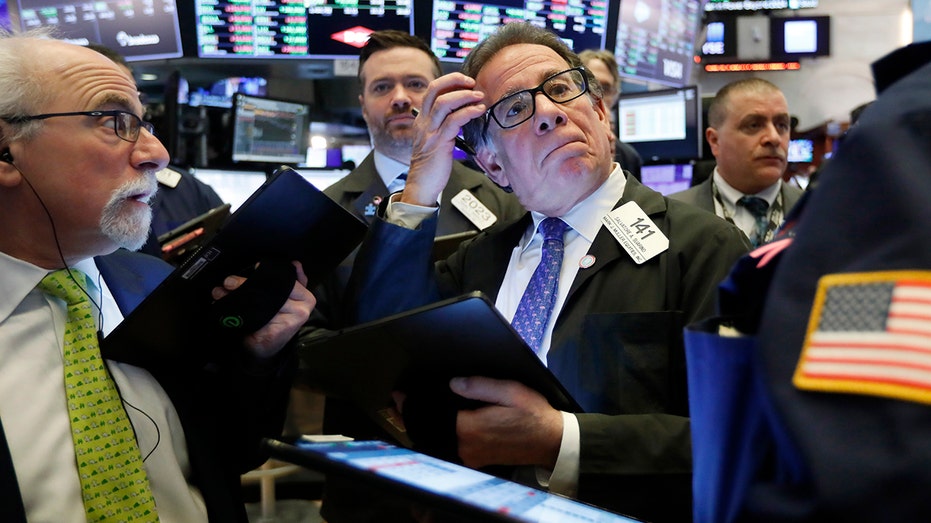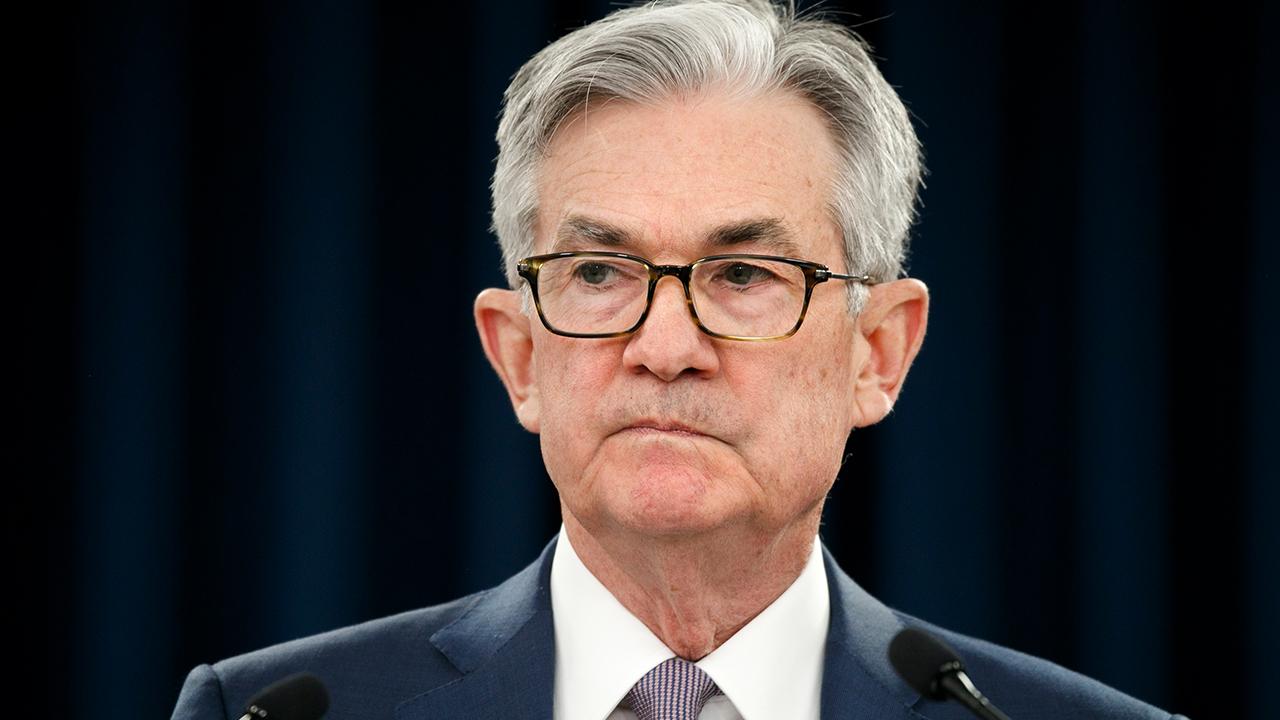The Fed's 'repo' operations explained
The short-term loans provide cash to banks when markets might freeze
The Federal Reserve is the central bank of the United States, and its job is to get keep the country's money flowing, or "liquid," especially during times of crisis like the novel coronavirus pandemic.
The Fed's "repo" operations, short for repurchase-agreement operations, have made headlines in recent weeks as the United States and global markets tumble in response to COVID-19, the disease caused by the novel coronavirus.
U.S. investors by Friday had faced their worst week of trading since the 2008 finanical crisis. The Dow Jones Industrial Average fell more than 913 points. It slipped below the 20,000 level, a loss of 4.5 percent. The S&P 500 also dropped more than 4 percent while the Nasdaq Composite shed 3.9 percent.

Federal Reserve Chair Jerome Powell speaks during a news conference, Tuesday, March 3, 2020, to discuss an announcement from the Federal Open Market Committee, in Washington. (AP Photo/Jacquelyn Martin)
Simply put, repos are short-term loans. They act as a financial cushion for U.S. banks and other financial institutions when markets look like they're about to freeze.
Repos often happen overnight or within 48 hours and allow banks to exchange cash for securities from financial firms to increase market liquidity upon the agreement that the transaction will be reversed in the future with interest called a "repo rate."
WHEN IS IT TIME TO BUY INTO THE MARKET FREE FALL?
In other words, repos provide banks with an overnight loan that they need to function.
Personal finance company Brankrate.com gives this example: "Financial Services Inc., an investment bank, wants to raise some cash to cover its operations. It partners with Cash ‘n’ Capital Bank to purchase $1 million of U.S. Treasury bonds, with Cash ‘n’ Capital paying $900,000 and Financial Services Inc. receiving the $1 million in bonds. When the repo loan matures, Cash gets $1 million and interest, and Financial owns securities worth $1 million."

Sal Suarino, center, works with fellow traders on the floor of the New York Stock Exchange, Tuesday, March 10, 2020.(AP Photo/Richard Drew)
In mid-March, the Fed said it would be offering $175 billion in overnight repos and $45 billion in two-week repos to ensure smooth market functioning.
GET FOX BUSINESS ON THE GO BY CLICKING HERE
In September, the central bank injected $203 billion in repos into the overnight funding market after short-term rates spiked as high as 10 percent, which is four times more than the Fed's benchmark overnight lending rate.
The episode stoked worries that the Fed was losing control over its main policy rate.
CLICK HERE TO READ MORE ON FOX BUSINESS




















